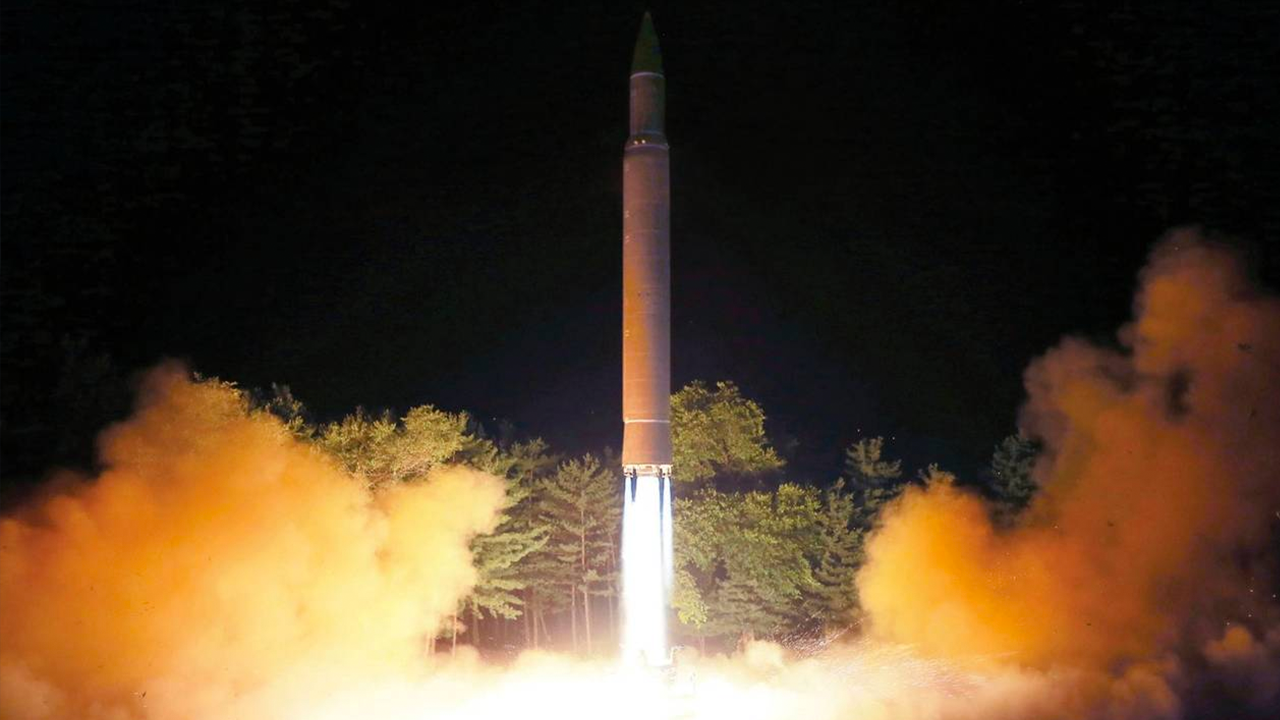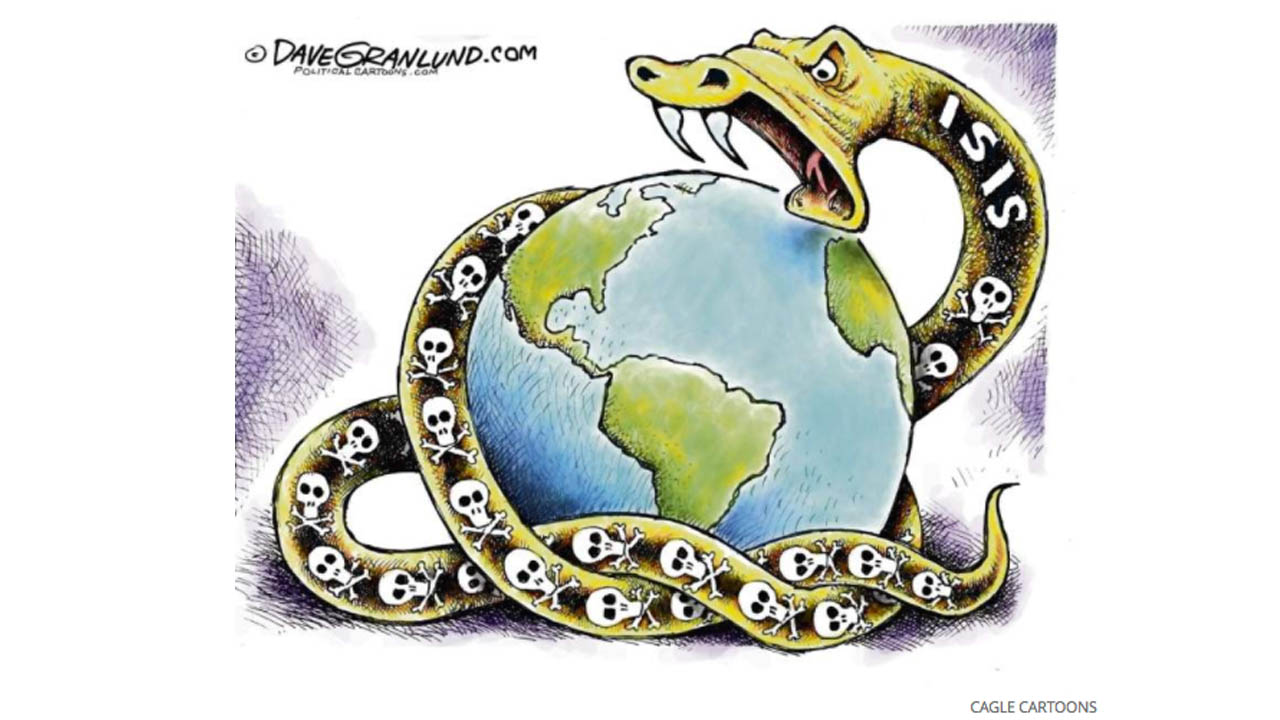This article appeared in The Hill on August 13, 2017. Click here to view the original article.
By John Bolton
August 13, 2017
Former National Security Advisor Susan Rice acknowledged last week that America’s policies regarding North Korea’s nuclear-weapons program over the last three administrations had failed. She said, rightly, “You can call it a failure. I accept that characterization of the efforts of the United States over the last two decades.”
Former Vice President Al Gore said much the same. They should know. They served under President Bill Clinton, who started things rolling downhill with the Agreed Framework of 1994. This misbegotten deal provided Pyongyang 500,000 tons of heavy fuel oil annually and two light-water nuclear reactors in exchange for the North’s promise to abandon its nuclear-weapons efforts.
Pyongyang violated its promise before the ink was dry. In 1999, former Secretary of State James Baker denounced Clinton’s approach as “a policy of appeasement.” Baker’s characterization also applies to much of the subsequent U.S. diplomacy. North Korea has always been willing to promise to abandon its nuclear ambitions to get tangible economic benefits. It just never gets around to honoring its commitments.
After 25 years of failure, we need not tarry long (or at all) on more diplomacy with Pyongyang. Fred Ikle once characterized the North as capable of “boundless mendacity.” He was being charitable. Talking to North Korea is worse than a mere waste of time. Negotiations legitimize the dictatorship, affording it more time to enhance its nuclear and ballistic-missile capabilities.
Today, only one diplomatic option remains, and it does not involve talking to Pyongyang. Instead, President Trump should urge President Xi Jinping that reunifying the Korean Peninsula is in China’s national interest. This is a hard argument to make, requiring reversal of decades of Chinese policy. It should have been broached years ago, but it is still doable. There is now growing awareness in China that maintaining the two Koreas, especially given the current nuclear crisis, does not benefit China long-term.
Historically, the Korean Peninsula’s 1945 partition was always intended to be temporary. Kim Il-Sung’s 1950 invasion of South Korea and three years of ultimately inconclusive war resulted in hardening the bifurcation into its current manifestation. Beijing has backed the status quo, believing that North Korea provided a buffer between Chinese territory and U.S. military forces.
Maintaining its satellite, however, has been expensive and risky. China has long supplied more than 90 percent of the North’s energy needs, and vast quantities of food and other assistance to sustain Pyongyang’s gulag. China has also expended enormous political and diplomatic energy, costing it precious international credibility, to protect the North’s erratic regime.
Initially, China saw the North’s nuclear and ballistic-missile programs as a problem for America, Japan and South Korea rather than itself. That notion has disappeared, however, under the harsh prospect that today’s nuclear crisis will be merely the first of many with North Korea. Moreover, Japan is now increasingly likely to seek its own nuclear capability, a nightmare for China in some respects more troubling than America.
Confronted by this new, deeply threatening reality, Beijing’s views on Korean reunification are ripe for change. China has never applied its uniquely strong economic leverage on Pyongyang because it feared so doing could cause catastrophic collapse of the North’s regime. That would in turn produce two unacceptable consequences: massive Korean refugee flows across the border into China, and American and South Korean troops crossing the DMZ and quickly reaching the Yalu and Tumen Rivers.
The answer to China’s fear of uncontrolled collapse is a jointly managed effort to dismantle North Korea’s government, effectively allowing the swift takeover of the North by the South. China can start by quietly bribing the Kim regime’s top military and civilian officials, offering political asylum and a safe exile for them and their families in China, while simultaneously cutting off energy and other supplies to the North. Seoul can also offer inducements to key North Korean leaders, reminding them what life could be like in a post-Kim world.
Simultaneously, massive information efforts should be launched throughout the North to spread word quickly on what is happening. The population may lack cell phones and the Internet, but they are far more aware of the outside world than conventional stereotypes. The end of North Korea, and hence the end of its nuclear threat, would be inevitable. The process will undoubtedly be dangerous and somewhat chaotic, but far less so than a completely uncontrolled collapse. And whatever the risks, they pale before the risks of nuclear conflict emanating from the erratic Kim regime.
Washington can offer Beijing two assurances to assuage its concerns. First, we would work closely with China to prevent massive refugee flows either into China or South Korea. Our common interests here are clear. Second, as the North begins to collapse, allied forces would necessarily cross the DMZ to locate and secure Pyongyang’s nuclear, chemical and biological weapons stockpiles and to maintain civil order.
These forces would ultimately reach China’s border, but we can commit to Beijing that Washington will not station troops there for a sustained period. Instead, we would pledge to base virtually all U.S. military assets near Pusan at the Peninsula’s southern tip, to be available for rapid deployment around Asia. They would not constitute a watch on the Yalu.
The alternative to this last available diplomatic play is military force. The imperative of protecting innocent American civilians from the long-term threat of North Korea’s nuclear capability dictates that we should be willing to strike those capabilities pre-emptively. But before that, who will argue against this one last realistic diplomatic effort?
John R. Bolton served as U.S. ambassador to the United Nations and undersecretary of state for arms control and international security affairs at the U.S. Department of State under President George W. Bush.



